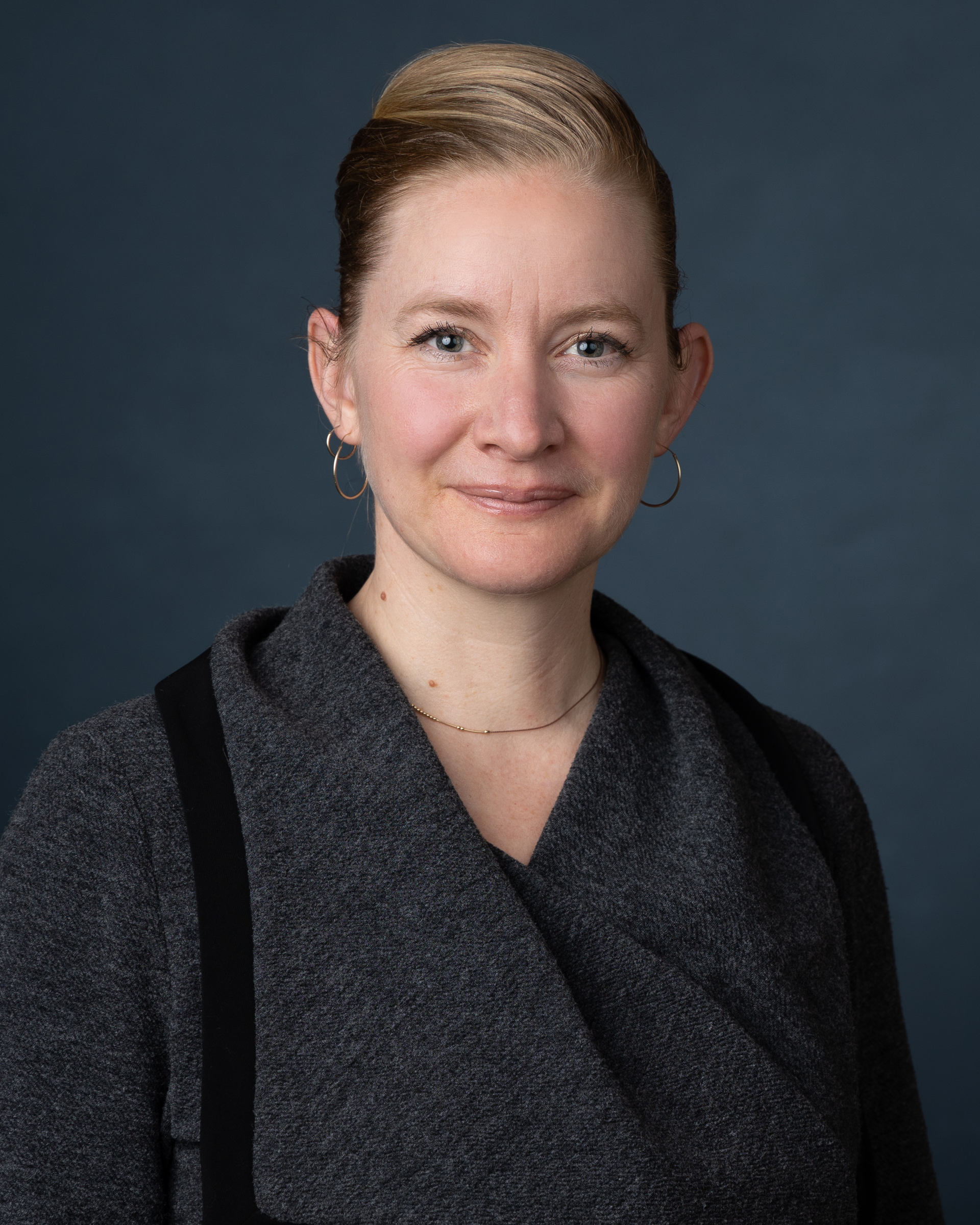
Ethel D. Weld, MD, PhD
Assistant Professor of Medicine, Pharmacology, and Molecular Sciences
I am an internist-pediatrician with subspecialty fellowship training in both Clinical Pharmacology and Infectious Diseases. My research focuses broadly on improving treatment options for people with HIV, HIV and TB co-infection and children with multi-drug-resistant (MDR) or extensively drug-resistant (XDR) tuberculosis (TB) infection. I have a strong interest in the development of novel anti-infective drug delivery strategies (including long-acting medications, such as injectables and implants) that are broadly acceptable to patients and implementable for programs, and do not require daily pills. I am interested in such strategies primarily as a method to optimize adherence both to treatment and preventative regimens, particularly among youth populations, as adherence is the well-documented Achilles heel of many highly effective biomedical interventions for both TB and HIV. I also focus on narrowing the gaps in time to evidence for new drugs in children and pregnant people by promoting and designing research efforts studying novel therapeutics in special populations.
I am a clinical trialist with expertise in drug development in pediatric populations and other special populations. I am the protocol chair for IMPAACT 2034, the first-in-children study of the novel nitroimidazole TB drug pretomanid, and protocol chair of IMPAACT 2005, an international, multi-site phase I/II study of delamanid, another novel nitroimidazole, as part of a WHO-recommended Optimized Background Regimen, in children with HIV-MDR-TB coinfection. Leading these projects has also alerted me to relevant treatment issues in the treatment of MDR-TB in children, and has increased my understanding of the critical need for injectable sparing, shorter, more achievable regimens for MDR-TB treatment in children.
With a goal of shortening treatment for latent tuberculosis infection (LTBI), I also serve as protocol pharmacologist on IMPAACT 2024, a high-impact dose-finding and safety study which evaluates the BRIEF-TB 1HP regimen, a novel one-month regimen of daily rifapentine and isoniazid (1HP), in children with and without HIV. I am principal investigator of the UNITAID-funded DOLPHIN-TOO study, which assesses the safety and PK of a three-month weekly regimen of isoniazid and rifapentine (3HP) in antiretroviral naïve people with HIV. In addition, I have served as protocol team member and pharmacology advisor for a separate UNITAID-funded trial of the safety, tolerability, and PK of 1HP vs. 3HP to treat LTBI in HIV-infected and HIV-uninfected pregnant and postpartum women (DOLPHIN Moms) and a similar study in children (DOLPHIN-Kids). I am also leading the DOVETAIL study, an international study of the two-drug regimen dolutegravir-lamivudine in conjunction with rifampicin-based TB treatment, in people with HIV and drug-sensitive TB. My role in the five-year USAID SMART 4TB project will be as a member of TA2, developing a treatment study for RR-TB in children.

